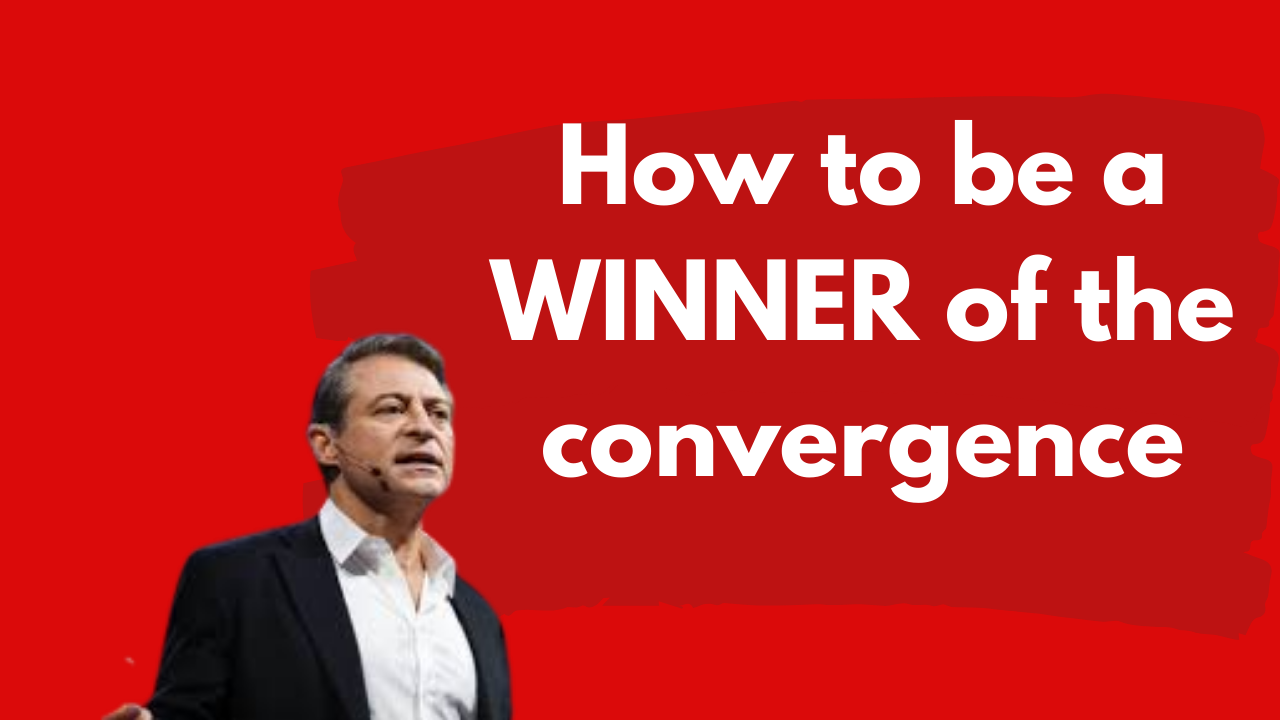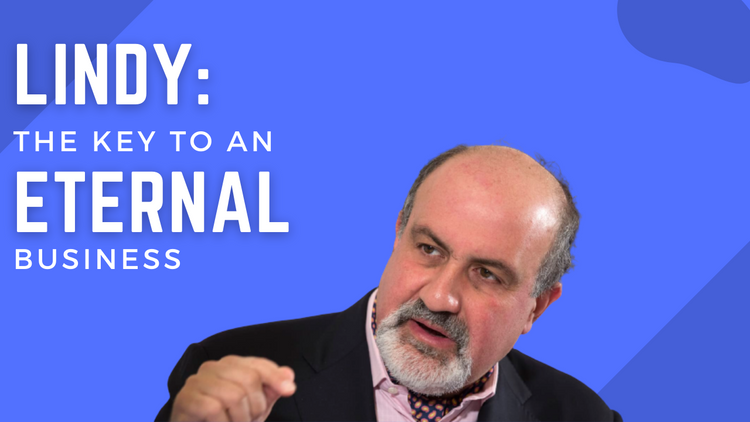How to be a winner of the convergence

The convergence is a term coined by Peter Diamandis, and builds on the concept of exponential technology discussed previously. Put simply, it is the convergence of two (or more) exponential technologies to form a completely new industry. What this usually results in is a mass sweeping away of present conventions towards a delocalised, democratised and dematerialised experience. Instead of normal retail, AI, VR and audio commands are converging to create a shopping experience done by talking to an AI generated virtual assistant and the internet. The physical experience is becoming redundant.
Opportunities
First and foremost, jobs in tech will explode in the near future. STEM is the future and if you’re looking for a high leverage career and it doesn’t have any relation to exponential technologies, you might find yourself redundant in the future, and a victim rather than a success story.
Beyond sifting through specific technology convergences (which would take a very long time), Diamandis outlines the business models that will best leverage this period of convergence.
The Crowd Economy
Employ the crowd. Airbnb, Uber (and UberEats) and Hipages don’t have a single employee dedicated to driving revenue for their company. They leverage the crowd’s assets, time and skills to create a mutually beneficial partnership where the crowd dictates the price, and the company connects the leveraged free-lance employ to an easy to access customer base.
The Smartness Economy
Diamandis points out that in the late 1800s, if you wanted to create powerful technology, all you had to do was find a useful tool and add electricity to it. He believes the next iteration of this in the 2020s will be the convergence of AI with our useful tools. Advertising, driverless automobiles, virtual assistants... in built smartness will optimise and supplant our current technologies and jobs.
DAOs
We’ve covered the replacement of centralised authority with community protocols. We’ve covered the use of smart contracts to automate systems. Picture companies with no employee and no employer, and constant production. 8 hour days become 24. AI meets DAOs. Driverless cars, automated food production, air travel. All governed by communities and smart contracts to create the personless company.
Metaverse
The virtual world will become more than play. It’ll break down an infinite number of barriers. When the next pandemic comes, instead of using Zoom to create a stale imitation of the school environment, children can enter the virtual world and live the experience from anywhere in the world. If access can be democratised, a child in Africa, whose local educational experience on Earth is less beneficial than one in Scandinavia, can choose to have that education. Instead of human teachers, we have AI integrated smart contracts that govern the class. Cost of education would be reduced dramatically.
The metaverse, whilst being a solution that may create more problems, creates endless competition for our flawed systems. Living in multiple dimensions will create endless choice for consumers.
First Principles
The convergence accelerates the acceleration at which new technology is created and grows.
The convergence gives rise to extremely high leverage business models and industry verticals that you would be stupid not to take advantage of in some way
Further Reading
This article was inspired by Peter Diamandis’ article on the convergence
Diamandis’ library of work on the convergence which is related to specific technologies


